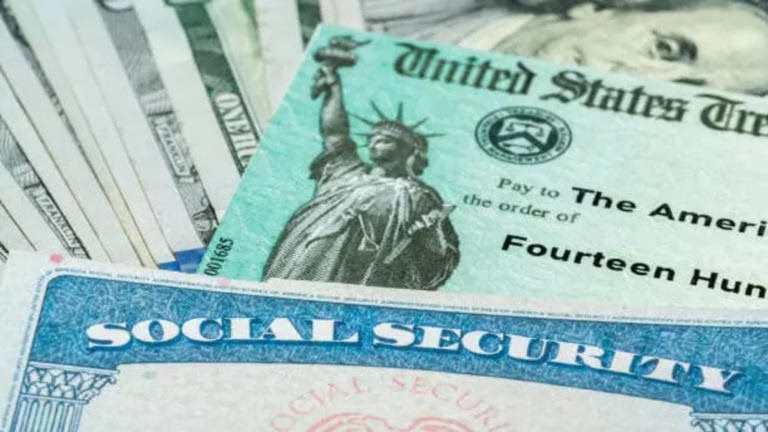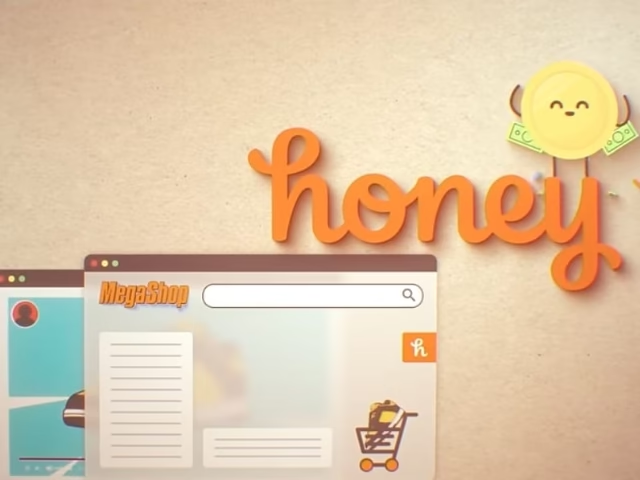Introduction
The U.S. government’s Economic Impact Payments (EIPs), commonly referred to as stimulus checks, have provided critical financial support to millions of Americans during challenging economic times. However, billions of dollars in stimulus payments remain unclaimed, leaving many eligible recipients without the relief they are entitled to. This comprehensive article explores the history of stimulus checks, reasons for unclaimed payments, the current efforts to distribute these funds, their economic impact, and how individuals can ensure they receive their benefits.
History and Background
The Economic Impact Payments Program
The U.S. government introduced stimulus checks as part of a broader effort to combat economic fallout from the COVID-19 pandemic. Key legislative milestones include:
- CARES Act (2020): Authorized $1,200 payments to eligible adults and $500 for qualifying dependents.
- Consolidated Appropriations Act (2021): Approved $600 payments.
- American Rescue Plan Act (2021): Delivered $1,400 payments to individuals meeting specific income thresholds.
Eligibility Criteria
Stimulus checks targeted individuals and families with adjusted gross incomes (AGIs) below a certain threshold, including:
- Single filers earning under $75,000.
- Married couples filing jointly with incomes under $150,000.
- Additional benefits for dependents.
These payments were distributed automatically to taxpayers based on information from IRS tax filings or Social Security Administration records. Despite these efforts, a significant portion of eligible recipients did not receive their payments due to errors, outdated information, or lack of awareness.
Current Situation
Unclaimed Payments
The IRS estimates that billions of dollars in stimulus payments remain unclaimed, affecting millions of Americans. Recent developments include:
- Automatic Payments: The IRS announced that approximately one million taxpayers who failed to claim the Recovery Rebate Credit on their 2021 tax returns will automatically receive up to $1,400 each by January 2025.
- Eligibility Review: The IRS is auditing its records to identify individuals who missed payments due to incomplete filings or other errors.
Reasons for Unclaimed Checks
- Non-Filers: Many low-income individuals who do not typically file tax returns missed automatic payments.
- Outdated Records: Payments were sent to old addresses or inactive bank accounts.
- Dependent Discrepancies: Misreported or omitted dependents led to lower payment amounts.
- Lack of Awareness: Some eligible individuals were unaware they could claim missed payments through the Recovery Rebate Credit.
Impact Analysis
Economic Impact
Unclaimed stimulus payments represent both missed opportunities for financial relief and a shortfall in intended economic stimulation. According to an analysis by XYZ Economic Group:
- Estimated Funds: Over $2 billion in payments remain unclaimed.
- Consumer Spending: If distributed, these funds could generate an additional $6 billion in economic activity.
Affected Demographics
- Low-Income Households: The majority of unclaimed checks belong to individuals earning below the federal poverty line.
- Elderly and Disabled: Many seniors and disabled individuals reliant on Social Security benefits missed payments due to outdated IRS data.
- Non-English Speakers: Language barriers prevented some communities from accessing information about their eligibility.
How to Claim Unclaimed Stimulus Payments
Filing for the Recovery Rebate Credit
Taxpayers who missed payments can claim them through the Recovery Rebate Credit by filing a tax return for the corresponding year. Steps include:
- Gather Documentation: Collect tax returns, Social Security numbers, and other relevant records.
- File or Amend Returns: Submit or correct tax filings for 2020 or 2021.
- Use IRS Tools: Access online tools like the Recovery Rebate Credit Calculator to determine eligibility.
IRS Online Account
Create an IRS account to:
- Verify payment history.
- Check eligibility status.
- Track pending payments.
Deadlines
The IRS has extended the deadline for claiming 2021 stimulus checks to April 15, 2025.
Efforts to Improve Distribution
Enhanced Outreach
The IRS has launched campaigns targeting underserved communities through partnerships with local organizations and social media outreach.
Legislative Proposals
New legislative measures aim to:
- Simplify the claim process for non-filers.
- Mandate proactive checks for eligibility.
Technology Upgrades
Investments in digital tools and AI are being made to:
- Automatically flag unclaimed payments.
- Streamline payment processing.
Avoiding Scams
Unclaimed stimulus payments have attracted fraudsters. Key tips to avoid scams include:
- Rely only on official IRS communication.
- Avoid sharing personal information through unsolicited emails or texts.
- Verify all information through the IRS website.
Conclusion
Unclaimed IRS stimulus payments highlight gaps in the distribution of economic relief and the importance of accessible financial support systems. Efforts by the IRS and legislative bodies are ongoing, but eligible individuals must take proactive steps to claim their benefits. By utilizing available tools and staying informed, Americans can ensure they receive the financial support they deserve.





